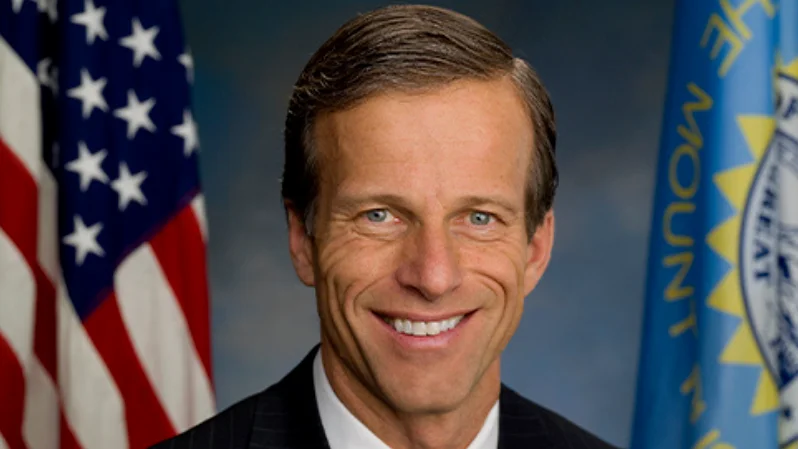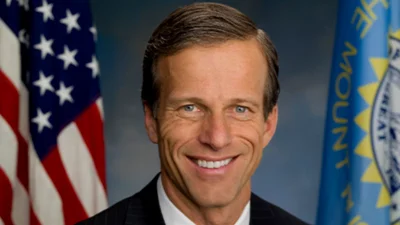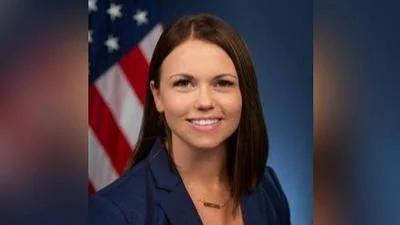Senator John Thune, US Senator for South Dakota | Official U.S. Senate headshot
Senator John Thune, US Senator for South Dakota | Official U.S. Senate headshot
The U.S. Senate is set to consider changes to its rules regarding the confirmation of presidential nominees, following a period of heightened partisanship over the process. Senate Majority Leader John Thune (R-S.D.) addressed the issue on the Senate floor, criticizing Democrats for what he described as unprecedented obstruction.
Thune outlined that the Senate has traditionally confirmed presidential nominations efficiently, often in groups and by unanimous consent or voice vote. He stated this allowed presidents to assemble their teams and perform their duties effectively.
According to Thune, this tradition has been undermined over recent years, beginning during President George W. Bush’s administration and intensifying during former President Trump’s first term. He argued that Democrats have now “flat-out broken the Senate confirmation process.”
“We are more than seven months into President Trump’s current term. And the Senate has yet to confirm one single civilian nominee by unanimous consent or voice vote,” Thune said. He contrasted this with President Biden’s administration, noting that by the same point in his presidency, 76 civilian nominees had been confirmed by voice vote.
Thune also highlighted that out of 139 nominees confirmed so far under President Trump, 62 received Democratic support but none were approved via voice vote or unanimous consent. “Democrats have dragged out the process on every single civilian nominee – including on nominees they ended up supporting on final passage,” he said.
He attributed these delays to partisanship: “Petty partisanship, Mr. President. Nothing more, nothing less, nothing else.” Thune dismissed claims from Democratic leadership that opposition was due to poor-quality nominees, citing bipartisan committee support for many appointees.
Thune expressed concern about how these delays impact not only executive branch staffing but also legislative work in the Senate: “In addition to the obvious problem of delays in filling important positions in the administration, having to engage in the time-consuming cloture process on every nominee ties up the Senate floor, preventing us from considering important legislation.”
He reiterated his commitment as majority leader to restoring effective function in the chamber: “When I became majority leader I made it clear that one of my priorities was to get the Senate functioning again.” He emphasized that continued obstruction impedes legislative activity and urged Democrats to cooperate with efforts aimed at restoring previous norms for confirmations.
“So today the Senate will move forward on amending the rules to restore the longstanding precedent of confirming presidential nominees expeditiously,” Thune said. He invited Democratic senators to join Republicans in supporting these changes: “It’s not too late for my Democrat colleagues to join us. I invite them to do so.”




 Alerts Sign-up
Alerts Sign-up